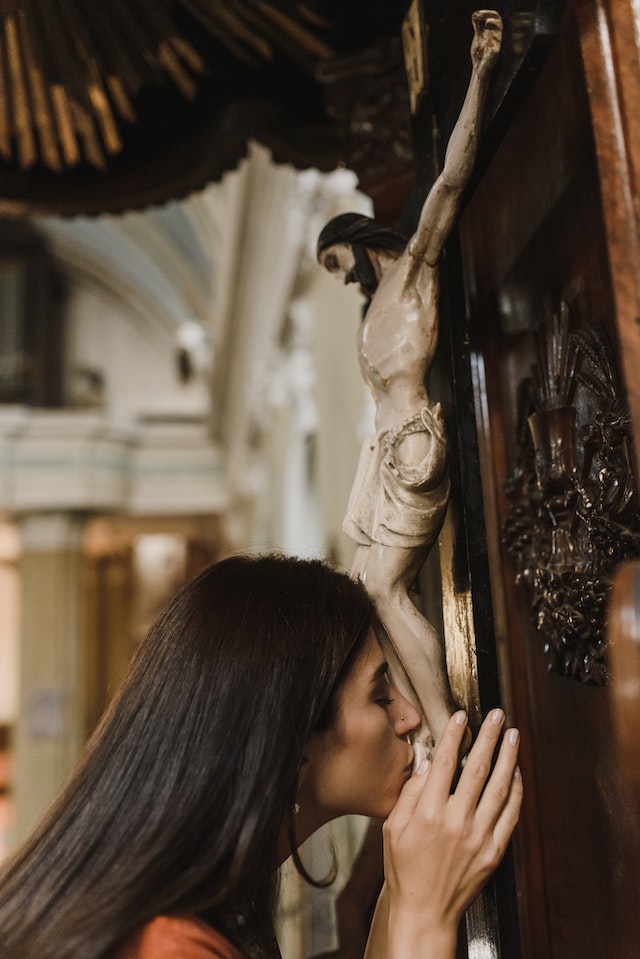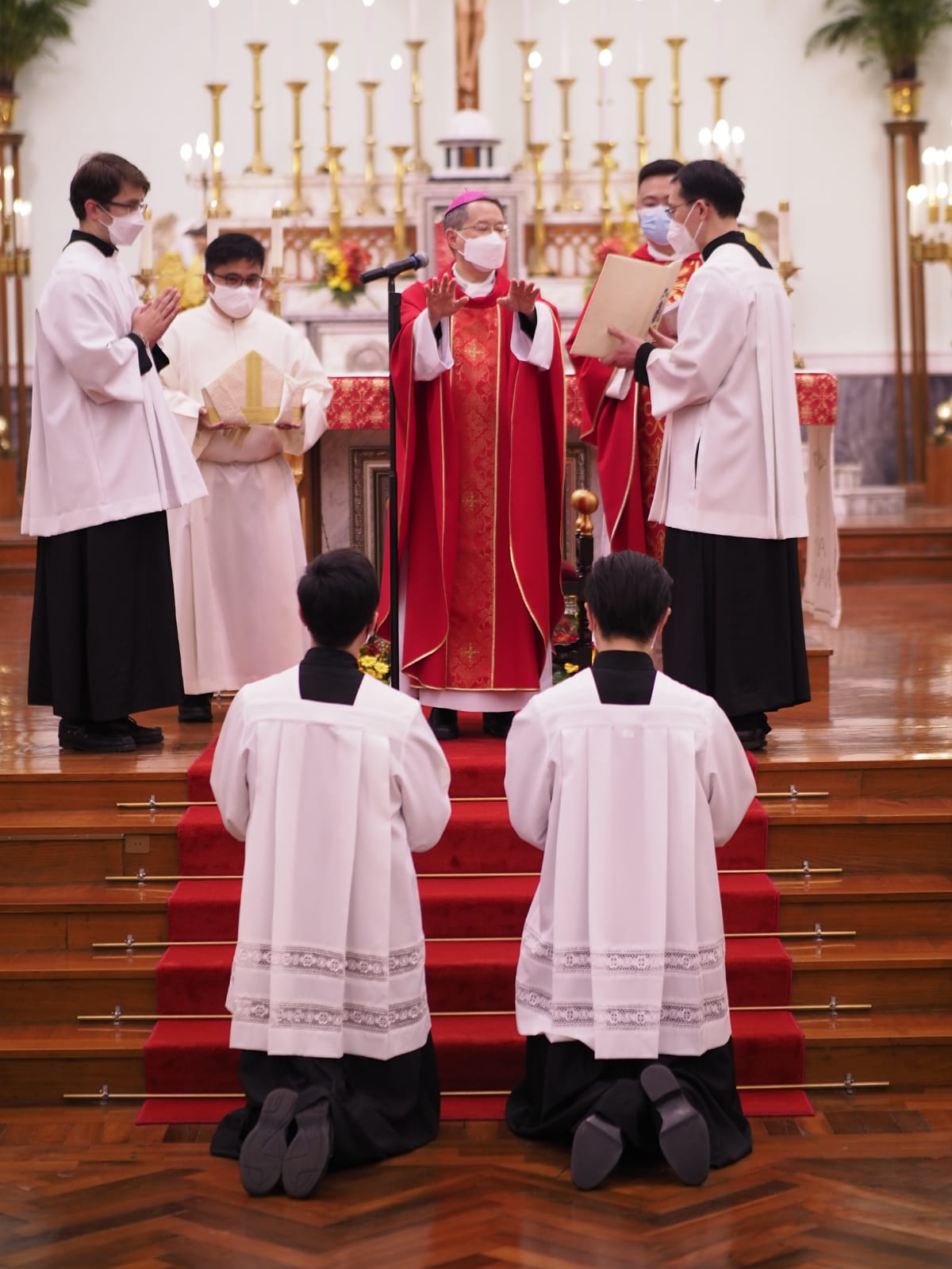Jesus challenges his disciples to go beyond the strict justice of the Old Testament and embrace a new way of responding to violence and injustice. Instead of seeking revenge or resisting evil, Jesus calls his followers to forgive, to turn the other cheek, and to give generously even to their enemies. This radical love, which imitates the love of God, requires a willingness to let go of everything and to put oneself totally at the service of others.


 Follow
Follow








